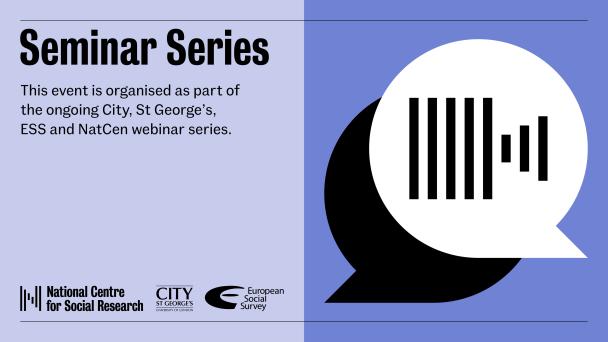Assessing methods for within-household selection in self-administered push-to-web surveys: an experimental comparison

Research on sexual practices and health remains sensitive, marginalized, and neglected in many parts of the world.
Although some high-income countries have conducted national surveys, only a few studies have included data from more than one country and have been limited in the scope of practices assessed and populations included.
Comparable, cross-national, population-representative data can help identify differences in health outcomes and provide a better understanding of social norms related to gender, sexuality, and sexual practices.
Such enhanced understanding is necessary to improve health equity and ensure that health services meet the needs of populations they serve.
To address this gap and facilitate comparative research within and between countries, the World Health Organization (WHO)/Human Reproduction Programme (HRP) initiated a multiphase consultative process to develop a standard survey questionnaire that would enable researchers to collect data in the general population on sexual practices, experiences, and health-related outcomes.
The CoTSIS Study (2021-23) - Cognitive testing of a survey instrument to assess sexual practices, behaviours, and health-related outcomes - was implemented to pretest and refine the draft questionnaire before it was published as a WHO toolkit: the Sexual Health Assessment of Practices and Experiences (SHAPE) questionnaire.
The CoTSIS Study used cognitive interviewing (n=645 across 19 countries) to explore the willingness and ability of participants to answer the draft questionnaire items about their sexual practices, experiences, and health-related outcomes, and whether participants interpreted the questionnaire items as intended.
The aim was to produce a refined questionnaire that would be interpretable and applicable to the general population (age 15 years and above) in diverse geographic and cultural environments.
This seminar will discuss the methodology of the CoTSIS Study, sharing lessons learned from coordinating and implementing a 19-country cognitive testing study during the COVID-19 pandemic.
Discussion topics will include study team training, ethical considerations, methodological decisions, successes and challenges in implementation, and how findings were used to refine the SHAPE questionnaire.



 Event
Event
Receive a regular update, sent directly to your inbox, with a summary of our current events, research, blogs and comment.
Subscribe